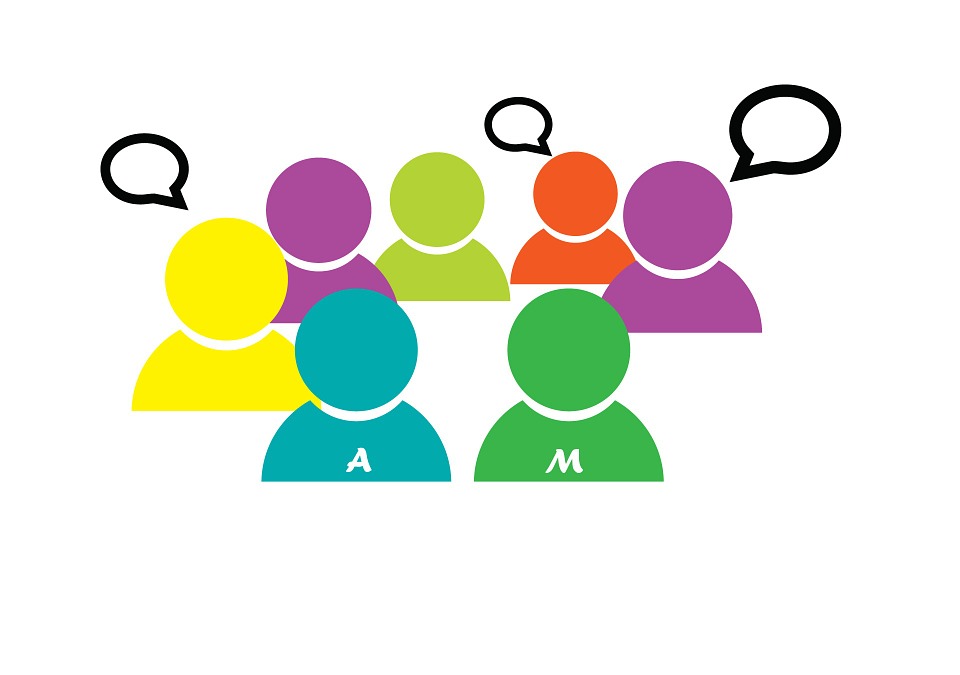Voice mail is essentially dead, and for the last 2-3 years, we’ve been arguing that Slack and other group chat apps will kill email. This might happen, and to be honest something should kill email — because email is awful. And while I love Slack’s valuation like the next guy, I just don’t know if group chat apps are about to really reset the productivity paradigm in the much-hand-wrung “future of work.”
What’s the beef with group chat?
I personally don’t mind it. I have GroupMe and Slack channels for different things. Look at me, being all millennial.
New article on Fast Company called “Employers, Your Employees’ Lack Of Productivity May Be All On You.”
First reaction: no shit it is.
Second reaction: look at this pull quote.
One study of the most popular team chat app Slack found that people spent an average of 10 hours a day in the app (that’s 67% more than the average spent on email).
This new class of business apps mimics the instant messaging apps that people already use in their personal lives, further blurring the line between work and life. They’re more casual and fun than email. The chatty interfaces encourage one-line-at-a-time, real-time communication, with desktop and mobile notifications for each incoming message.
Here’s where the problems begin.
The problems
- Seems casual/fun: You’ve got some issues with professionalism, HR, and higher-ups jumping in.
- 10 hours/day: That’s a of time. Work-life balance ain’t walking through that door.
- Sheer volume of messaging: Unless search/nesting features are good in the group chat app, a lot of potentially important stuff can get lost.
- Most are mobile-first: Not a bad thing from a product standpoint, but encourages people to be heads down in the mobile and avoiding the reality around them.
- Is talking to different people all day about jokes and deliverables really “productive?” Or is it just fun and playful, and we seek that so much that we’ve started calling it productive?
What would be real productivity?
Knowing how to maximize 15 minutes.
Understanding priorities and importance.
Oh, that brings me to something else. From the same Fast Company article above, you’ve got this:
Each additional interruption, no matter how brief, comes at a price paid by companies and employees alike in lost productivity and increased stress. The pressures to be always available – in meetings and open offices, on email and group chat – create a harried culture of constant interruption rather than a sustainable culture of meaningful productivity.
Bingo Bango.
“Harried culture of constant interruption”
Problem is: some people like these kinds of workplaces.
They want to be urgent all the time.
It’s important to be (or be seen as) busy.
Their new residence is the cross.
Psychologically, this isn’t rocket science. We spend 10-12 hours/day at work for the better part of our lives. You’re going to associate some of that with relevance and self-worth. Because priority and strategy are often unclear, the best path to this necessary relevance is how busy/urgent/in need you are.
This is why many offices ultimately get very “hair on fire,” and while everyone complains, they secretly kinda love it.
So do group chat apps line up with normative working conditions?
In many ways, yes. Consider:
- Allows you to check your phone all the time
- Affords opportunities for co-worker zings and emojis
- Makes it so that you can “never turn off,” which increases the idea that you’re super important
- Way to avoid parts of family life that bore you
- Makes you feel “cool kid-y” to say “Yea, my team uses Slack”
All these bullet points are things that young urban professionals want from their lives, even if we claim to want other things. And group chat apps hand you all of ’em on a silver platter.
But to assume group chat implies more productivity? That’s probably folly.
Your take on group chat at work?
